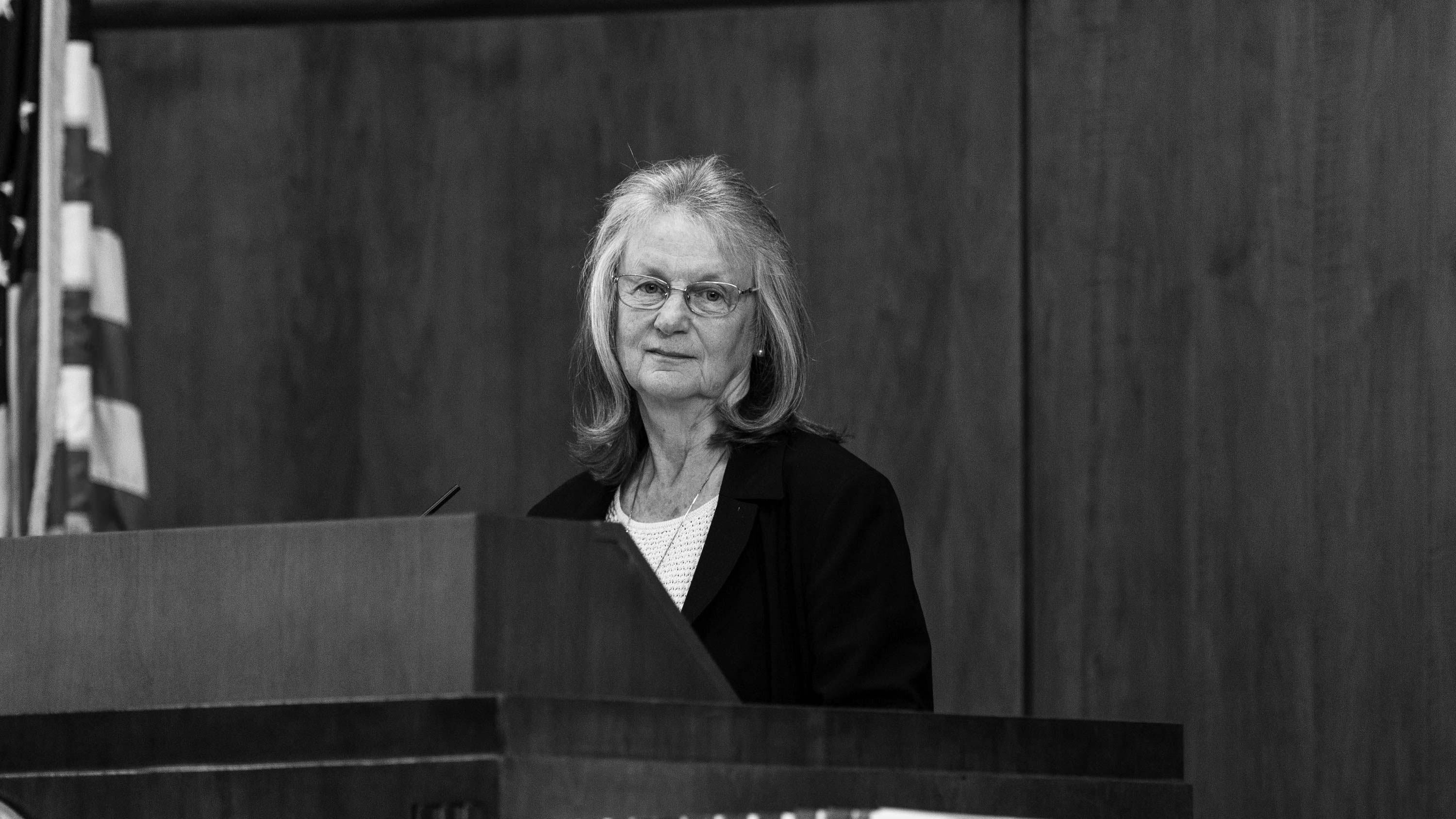A bill to cap carbon emissions in Oregon was one of the most contentious pieces of legislation in years. It caused 11 Republican Senators to flee Salem for nine days, sparked logger protests and caught the attention of the White House.
Still it came as a surprise to some when, on June 29, at the end of the 2019 session, Senate President Peter announced that the cap-and-trade bill was dead. That meant that not only did it not have the vote of any Senate Republicans, it also did not have enough votes from the chamber's 18 Democrats.
In fact, the decision hinged on one moderate Democrat: Sen. Laurie Monnes Anderson (D-Gresham). And she had Boeing in her ear.
The Salem Reporter revealed Monday that Monnes Anderson quietly defected on the bill after holding meetings with airplane manufacturer Boeing, which opposed the legislation.
According to public records obtained by Salem Reporter, Monnes Anderson grew skeptical of the legislation, House Bill 2020, after Boeing, a large employer in her district, approached her with concerns that the bill would increase its energy costs by $1 million per year.
In the days before the session ended, she held a private meeting with Courtney, where she said she would not be voting for the bill.
On June 25, Courtney announced to his colleagues in the Senate that the cap-and-trade bill was dead.
The same morning, Monnes Anderson allegedly emailed Renew Oregon, the group behind the bill, writing, "I hope to support this bill if it comes to the floor."
Environmental advocates now accuse the senator of playing both sides and being easily swayed.
"We met with her consistently throughout the session and she, the entire time, never asked a question about the bill," Paige Spence, a lobbyist for the Oregon League of Conservation Voters, tells WW. "She said she would refer to Sen. Michael Dembrow (who helped craft the bill) and the OLCV and that she looked forward to voting yes."
Monnes Anderson did not respond to WW's request for comment.
